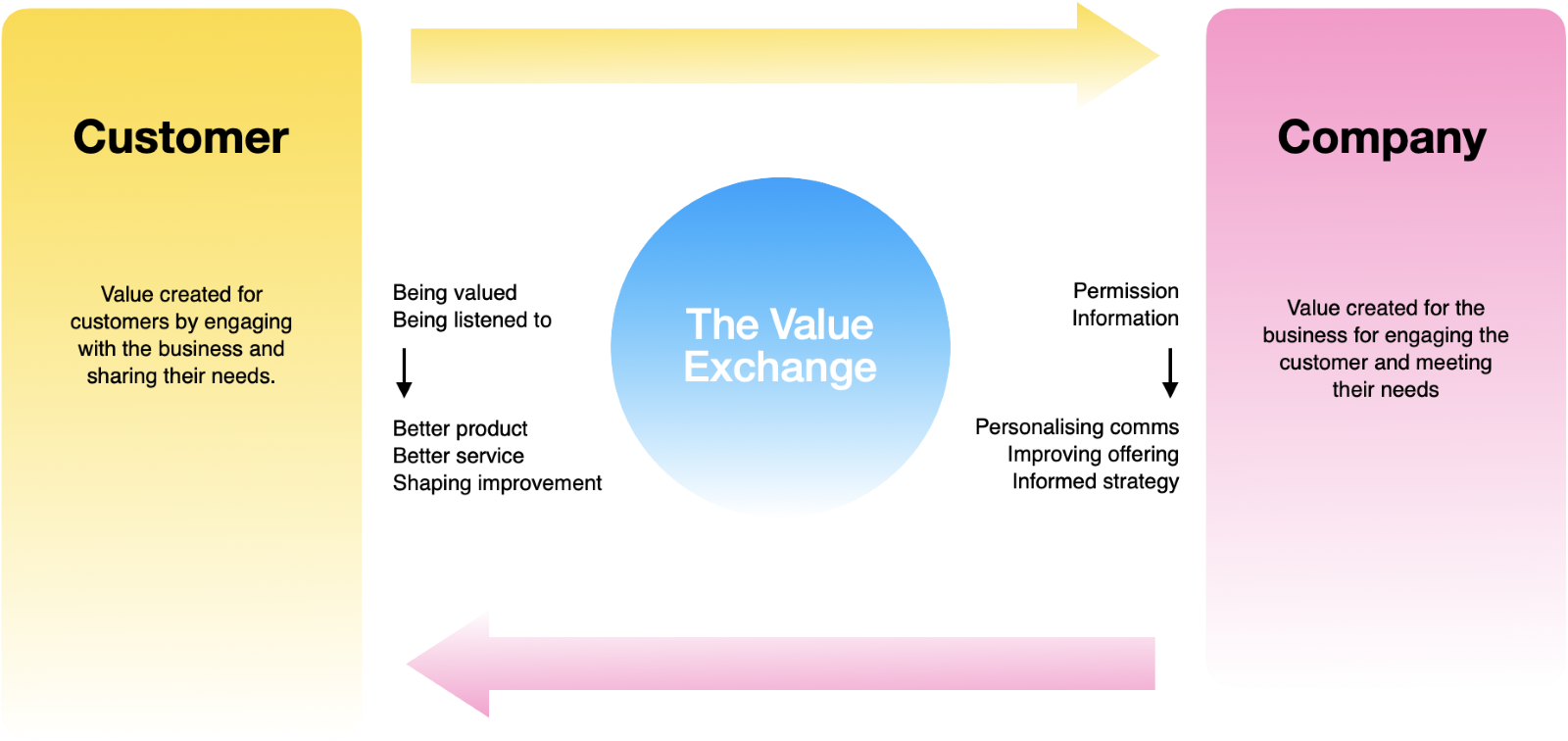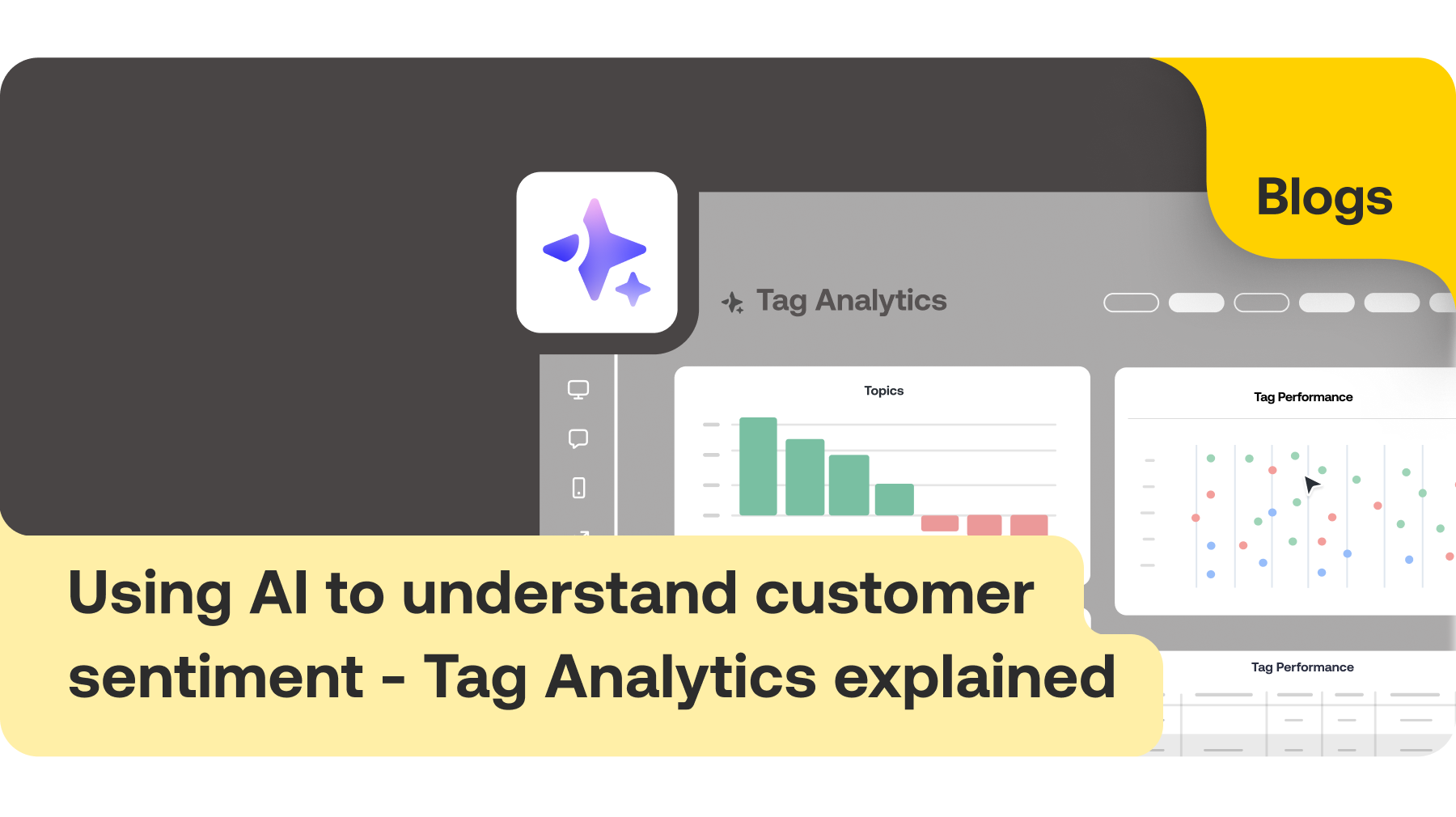Marketers in the UK have a cookie problem. And if they don’t get on top of it, there may be troubles ahead.
We’re talking specifically about third-party cookies, which are the mainstay of 70% of UK marketers’ activities. Cookies have been the cornerstone of digital marketing and advertising for decades, but that’s about to change completely. Recent decisions by the giants of the digital world mean third-party cookies are about to go the way of the dodo.
Apple and Mozilla have been restricting third-party cookies for several years; now Google is following suit. By the end of 2024, Google will block third-party cookies from Chrome for all users of its world-dominating browser, which is the preferred choice of around two-thirds of people on the internet.
It’s clear that blocking third-party cookies will make traditional online advertising far less effective. It’s not all doom and gloom though. With the right outlook, attitude and strategy, you can overcome the impending cookie shortage.
A fair exchange?
One of the major driving forces behind the switch to a cookie-free diet, is the extent to which ordinary, everyday, regular people are taking an interest in the way their data is used. Or in some cases, misused.
Most of us have come to accept that online businesses are monetising our data. For the most part, that arrangement works fine. You share your pictures, posts and favourite cat videos, your friends react with Gifs and emojis. And you all get served adverts that have been selected to appeal to you based on your online behaviour.
If your business sells online, you almost certainly have a huge amount of customer data. That means your customers have entrusted you with their personal information. When they realise the extent to which they are being targeted by advertisers, some people become uncomfortable. When they hear about data breaches, it makes them anxious. When you start combining those things a lot of people decide, enough is enough.
Why? Because for them it is no longer worth it. They simply aren’t getting enough value in exchange for sharing their data, and the value they do get is overshadowed by risk.
OK, you may be wondering, what’s next if there are no more cookies?
The answer is not, as Bob Dylan once sang, blowin’ in the wind. It is, instead, starin’ us all in the face. If customers are going cold on the idea of sharing their data because it’s simply not worth it to them, it’s time to redress the balance – by adding more value into the equation. We think of it as a Value Exchange built on trust and transparency.

Caption: The Value Exchange – a virtuous circle of mutual interest that everyone can benefit from.
Zero-party data – the choice of a new generation
The term zero-party data may sound like it belongs in a game of buzzword bingo, so allow us to explain what it is and why you need it.
There’s a joke that goes a bit like this:
“Q: What’s the greatest lie of the digital age?”
“A: I have read and accepted the terms and conditions.”
It’s not a great joke, but it makes a good point – you haven’t really given your consent if you haven’t read the small print. All you’ve done is accepted that the balance of power lies with the business whose website (or other online service) you want to use.
When we talk about zero-party data, we’re talking about data that someone has intentionally shared with you. You haven’t asked them to click on a ‘yes’ button that hides 20,000 words of legalese. Instead, what they’ve given you has been freely given, and that can include everything from whether or not you can email them, through to the feedback comments they share with you.
And why, you may be wondering, would a customer choose to divulge details and share data with you? Because of the Value Exchange you are creating, of course. In exchange for their data, you need to provide something that feels like a fair trade. An obvious first step would be to scrap the old terms and conditions approach and replace it with a short, simple explanation of what data you hold and how it will be used.
There are lots of other things you can consider as a way of saying thank you and adding value to the customer. There are offers and discounts for members, through to more creative ideas, like planting trees in exchange for feedback.
You need zero-party data because it will fill the gap left behind by the disappearing third-party cookies. It’s where you’ll find customers telling you what they want and what they don’t want. You’ll be able to use it to guide the decisions you make – from products and services through to behaviour and communications.
Obtaining that zero-party data means creating a Value Exchange that works just as much for the customer as it does for you. At Feefo, we’re ready to help you get the best from the zero-party data at your fingertips, so you can offer customers a valuable relationship built on trust and mutual benefit.
If you think it’s time you stepped away from the cookie jar, or you need to start developing your own Value Exchange, we’d love to hear from you. Get in touch and ask us what we can do for you.



